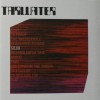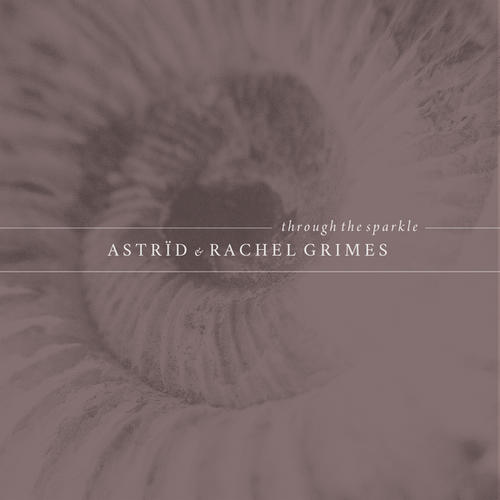Label: Kitty-Yo Format: CD
 Still led on a wayward course by the softly-spoken vocals of Roland Lippok, Tarwater continue their elegantly wastrel progress deeper into the realm of something which draws variously from Trip Hop, electronica and metaphysical poetry. The beats may be a mix of the live and sampled; the sundry noises, blips and snatches of conversation much in line with the times; what keeps it all together is the precise construction of Lippok and Bernd Jestram‘s compositions.
Still led on a wayward course by the softly-spoken vocals of Roland Lippok, Tarwater continue their elegantly wastrel progress deeper into the realm of something which draws variously from Trip Hop, electronica and metaphysical poetry. The beats may be a mix of the live and sampled; the sundry noises, blips and snatches of conversation much in line with the times; what keeps it all together is the precise construction of Lippok and Bernd Jestram‘s compositions.
Technical merit aside, the atmosphere which builds from the opening virtual dropping of needle to scratchy groove is a mixture of wonder at the entropic nature of reality, and the infinite possibilities offered by the restriction this implies. Flowing across a soundscape of carefully-selected, downtempo samples, keyboards and simple guitar lines is the voice which could by some standards be considered dull, flat, affectless – but isn’t. It’s not especially Gothic, it’s not gloomy or depressing. Tarwater may dress in black and exude contemplative, considered, even studied poise and seriousness, but Silur also reveals is a vital connection to that part of the sublime less well regarded in the hedonistic, pre-millennial ooze – the Uncanny, ever nagging at the edge of perception.
There’s a twilit ambience of the resignation which comes with the end of not merely a century but a millenium, and Silur distills this mood into the twelve songs of time(s) passed through imagery which allows momentary glimpses across the collective unconscious, reaching an occasional peak of low-energy discharge in the Mellotron-like arrangements, atemporal sub-Dub bass and regretful vocal strains (with Danielle Malkoff) of “No More Extra Time”. Likewise “Ford” eerily multitracks platitudes applicable to the Ecstasy generation (“I am you, and you are I” – the words, as with most on the record, are not entirely Lippok’s – in this case they come from Aldous Huxley) through a sinuous filter of processed sound and a sparse, warming bass to observe critically on the easy comfort to be drawn from the tyranny of beat and beating. Even the closing instrumental “V-at” has a pinch of regret inherent in its optimistic sub-bass pulses and upbeat electronic reverberations which engender a sense of only semi-closure. Arty, slow and serious – what better antidote could there be to the brash commercialism of a triumphalist world order which seems to have forgotten how to express anything other than an (alleged) fundamental right to instant fulfilment of each and every desire?
-Antron S. Meister-



